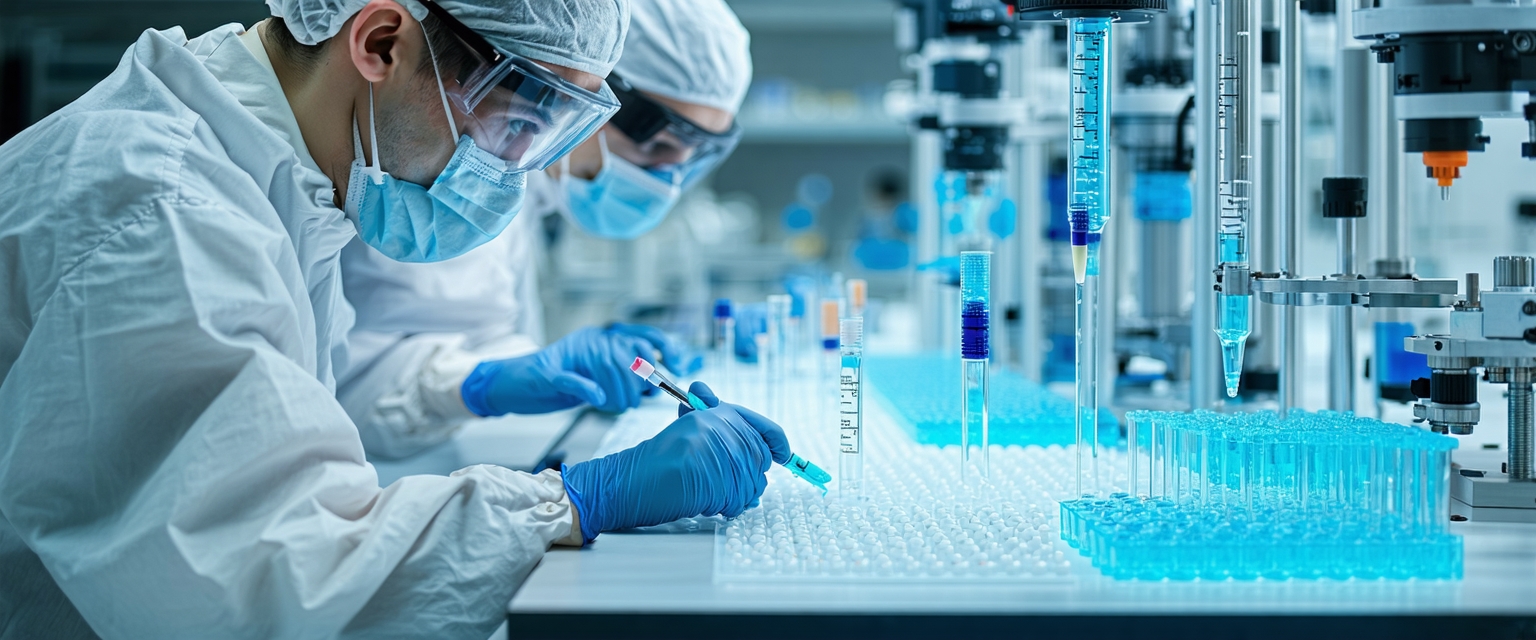






The field of biotechnology is rapidly evolving, with recent advancements promising significant impacts on human health and various industries. Two key areas showing exceptional progress are gene editing and targeted drug delivery.
Gene editing technologies, particularly CRISPR-Cas9, have revolutionized our ability to precisely modify DNA. This allows scientists to correct genetic defects responsible for numerous diseases. Simultaneously, advancements in nanotechnology and materials science are leading to more efficient and targeted drug delivery systems.
Researchers have recently demonstrated improved precision in CRISPR-Cas9 gene editing, minimizing off-target effects. This increased accuracy is crucial for therapeutic applications. Furthermore, new drug delivery systems using nanoparticles are showing enhanced ability to target specific cells and tissues, reducing side effects and improving therapeutic efficacy. This includes the development of biodegradable nanoparticles that eliminate the need for additional surgery to remove carriers.
These advancements hold immense potential for treating a wide range of diseases, including genetic disorders, cancer, and infectious diseases. More effective gene therapies could cure previously incurable conditions. Targeted drug delivery could revolutionize cancer treatment, allowing for higher doses of chemotherapy to reach tumors while sparing healthy tissues. This translates to improved patient outcomes and a higher quality of life.
Future research will focus on further refining gene editing techniques and developing even more sophisticated drug delivery systems. Clinical trials are underway for several gene therapies and novel drug delivery approaches. The integration of artificial intelligence and machine learning is also expected to accelerate the discovery and development of new treatments.